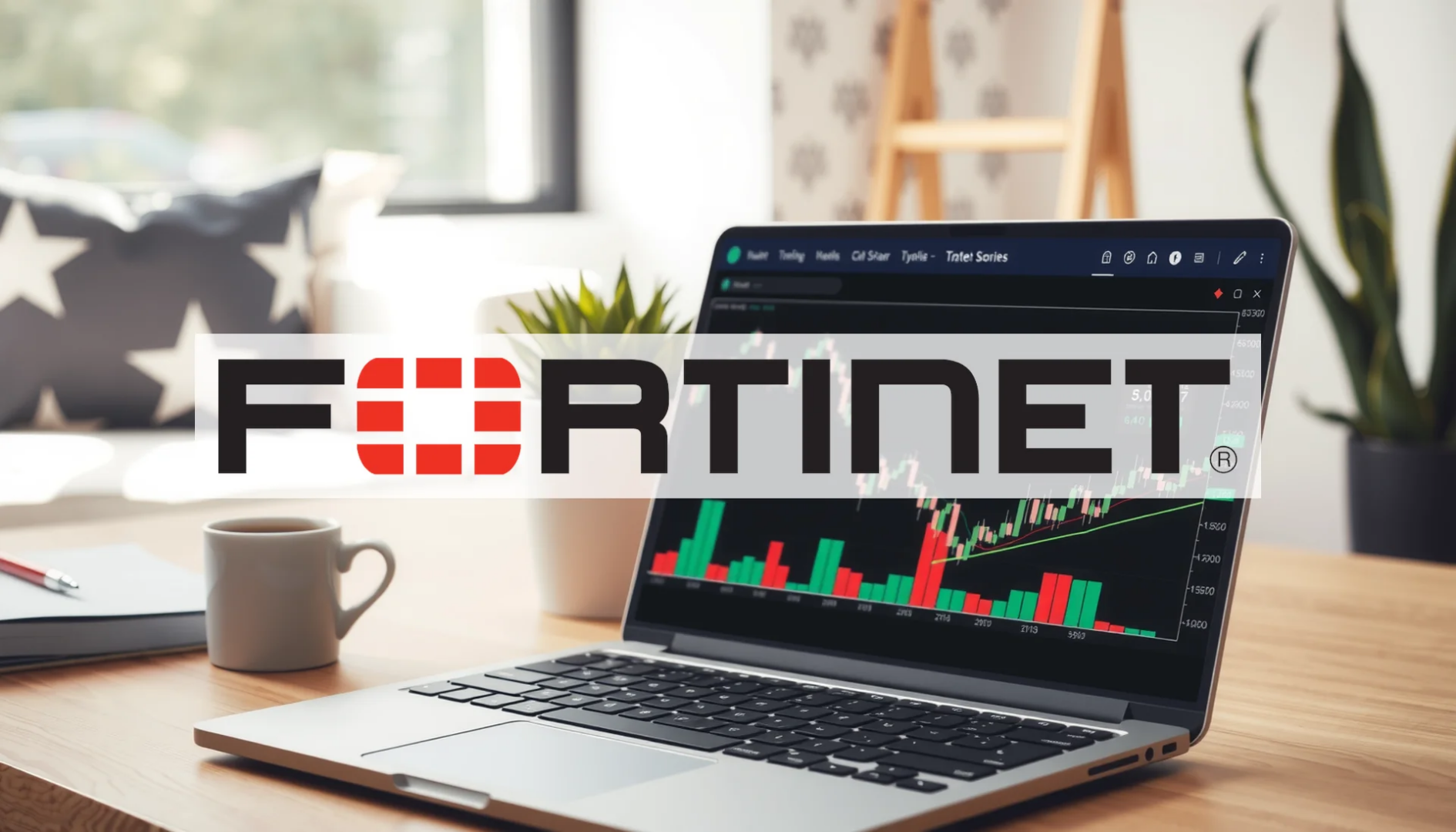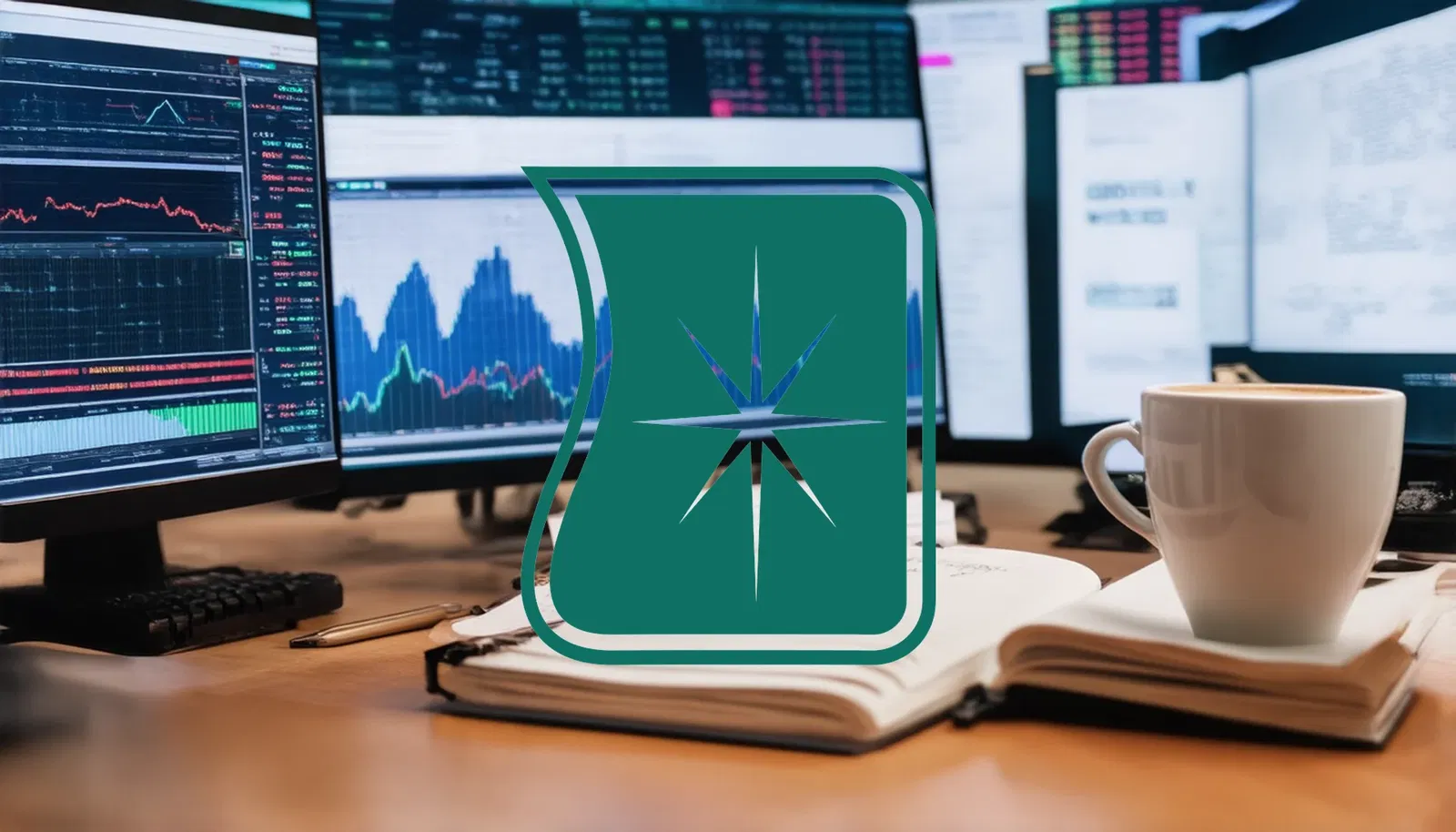Fortinet, a major player in the cybersecurity industry, is confronting significant legal challenges. The company is the target of multiple class-action lawsuits filed by prominent law firms, alleging securities fraud. The core of the dispute centers on the profitability and timeline of the company’s FortiGate firewall upgrade cycle, which plaintiffs claim was materially misrepresented to investors.
Legal Onslaught and Alleged Misrepresentations
Leading law firms, including Robbins Geller Rudman & Dowd LLP and Pomerantz LLP, are spearheading class actions on behalf of investors who purchased Fortinet stock between November 2024 and August 2025. The deadline for lead plaintiff motions is set for November 21, 2025, creating a period of substantial legal uncertainty for the corporation.
The formal complaints allege that Fortinet and certain of its executives violated the Securities Exchange Act of 1934. The central accusation is that the company made deliberately misleading statements concerning the true profitability of its crucial firewall refresh cycle, a key driver of its revenue.
The Quarterly Report That Sparked a Selloff
Market confidence was severely shaken by the company’s quarterly earnings presentation on August 6, 2025. During that event, Fortinet disclosed that it had already completed “approximately 40% to 50% of the 2026 upgrade cycle by the end of the second quarter of 2025.” This unexpected admission shattered previous investor growth projections that were based on a longer, more protracted upgrade timeline.
The market’s reaction was swift and severe. Fortinet’s stock price plummeted by more than 22% in a single day, a clear indicator of the negative investor sentiment towards this new financial reality.
Should investors sell immediately? Or is it worth buying Fortinet?
Accusations of a Systematic Overstatement
Legal filings suggest a pattern of systematic misinformation. According to the allegations, Fortinet intentionally obscured the fact that the refresh cycle would be far less profitable than previously communicated. The suits claim that older products slated for upgrade constituted only a “small percentage” of the overall business.
A more serious charge indicates that the company itself may have lacked clear data on the actual number of FortiGate firewalls eligible for an upgrade. Instead of stretching the revenue from this cycle over two years as markets were led to believe, the company is alleged to have rushed through a significant portion of the upgrades in just a few months, thereby forgoing substantial future revenue.
A Crisis of Confidence for Shareholders
For Fortinet’s investor base, this wave of litigation represents a harsh new reality. The trust in management’s communication and transparency has been profoundly damaged. In a sector like cybersecurity, where market confidence is paramount, this reputational harm could have longer-lasting consequences than the immediate financial impact of the lawsuits themselves.
The company’s shares have been struggling with a downward trend for months, and these new legal battles threaten to further delay any potential recovery. The central question for investors is no longer if the company has been wounded by this crisis of confidence, but rather how deep the damage will ultimately be.
Ad
Fortinet Stock: Buy or Sell?! New Fortinet Analysis from February 7 delivers the answer:
The latest Fortinet figures speak for themselves: Urgent action needed for Fortinet investors. Is it worth buying or should you sell? Find out what to do now in the current free analysis from February 7.
Fortinet: Buy or sell? Read more here...












